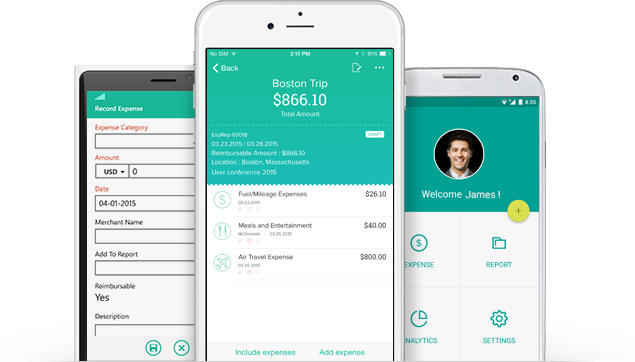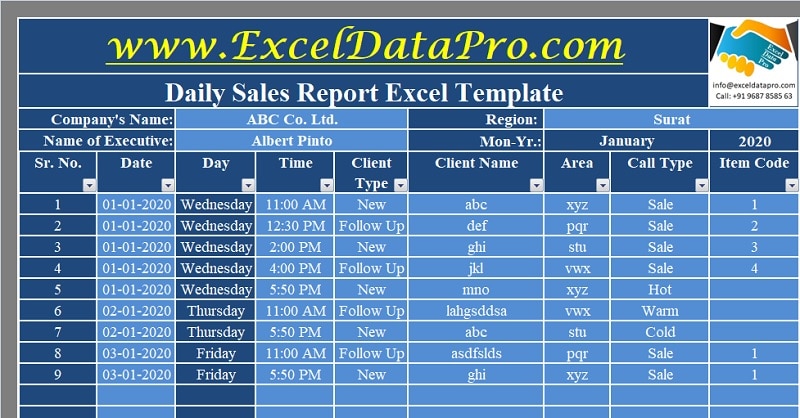

You can also find information on the benefits and features.
#APP TO RECORD DAILY EXPENSES FREE#
We’ll cover everything from the best paid app to the best free option. In this blog, you can expect to learn more about the top 5 expense tracker apps on the market. All of them boast their own benefits, but it can be difficult to find the best expense tracker apps for small business owners. The number of options can be downright overwhelming. Among them will be both business and personal expense tracking apps. If you search for an expense tracker in your phone’s app store, you’re likely to find several search results. You can now efficiently record every transaction with an expense tracker app. Fortunately, technology has come a long way in small business expense tracking. However, tracking every little purchase from donuts in the breakroom to new pens can become tedious and time-consuming. Savings: emergency fund, RRSPs, RESPs, TFSAs, seasonal expenses (e.g.Home » Blog » Best Expense Tracker Apps for Small BusinessesĪs a business owner, you always have the option to track expenses by hand in a ledger or excel spreadsheet. Personal: tobacco, alcohol, books, music, clothing and shoes, donations, subscriptionsĮating Out: meals, snacks, take-out, beverages (coffee, tea, juice, soft drinks)Įntertainment: recreation, sports equipment and fees, movies, concerts, hobbies, gamingĬhild: daycare, lessons and activities, allowance, school supplies and fees, babysitting, programs, tutorsĭebt Payments: credit cards, loans, leases, support payments, government debts, personal debt Health Care: medical premiums, life insurance, medication, eye care, dental, supplements, wellness costs Transportation: fuel, auto insurance, transit, parking, taxi, rentals, car sharing, tolls Living: personal care, bank fees, salon and spa services, dry cleaning, pet costs, memberships (fitness, clubs, associations) Groceries: food, baby needs, household supplies, toiletries Household: furnace, water tank, roof and gutters, decor, upgrades, storage locker, gardening, cleaning services, outdoor equipment and maintenance Utilities: phone/cell, cable/internet, gas, hydro, security Housing: mortgage, rent, strata fees, house insurance, property taxes

View a sample of a completed tracker (from the previous version of our Monthly Expenses Tracker).Įxpense Categories – Know Where Your Money is Going This becomes the cash balance for the next week. If there’s a surplus, you should have money in your wallet or bank account. Total all columns and subtract actual expenses from actual income.On these pages, keep track of seasonal expenses rather than recording on your weekly pages. You also need to record weekly savings amounts on pages 14 – 15 of the Expense Tracker.You may want to track coffees, dining out, or fuel separately. You can then use the blank columns to create your own categories. List the dates down the left side and record actual money spent each day.You should also list any income you may expect to receive during each week.


Record cash balances on hand or in your bank account.For example, a 7 day tracking period would be March 30th to April 5th. For each week, record dates you are tracking.The expense categories listed further below and on page 1 of the Expense Tracker will help you decide which expenses to record where.Open a copy of our Monthly Expense Tracker.


 0 kommentar(er)
0 kommentar(er)
